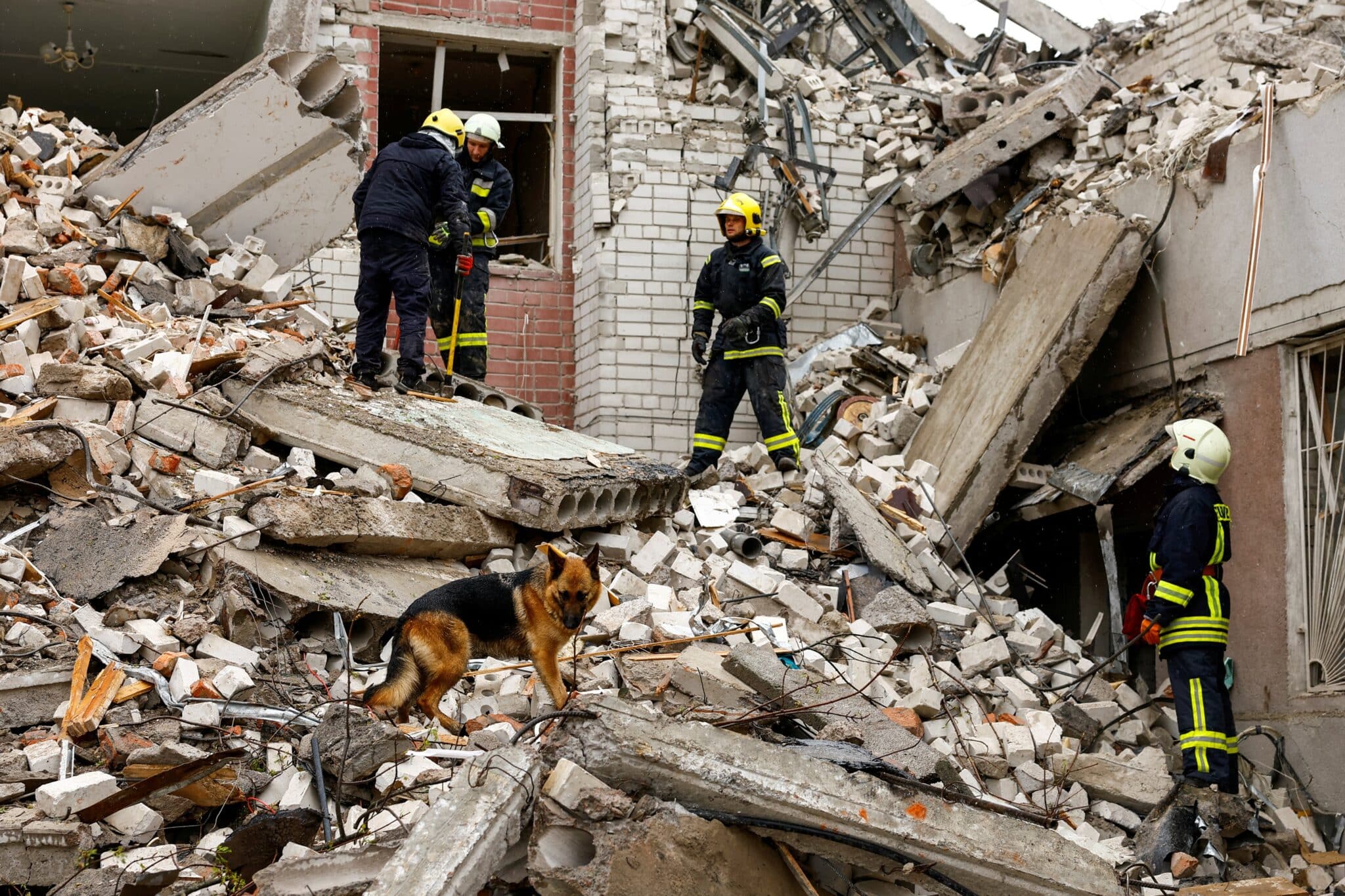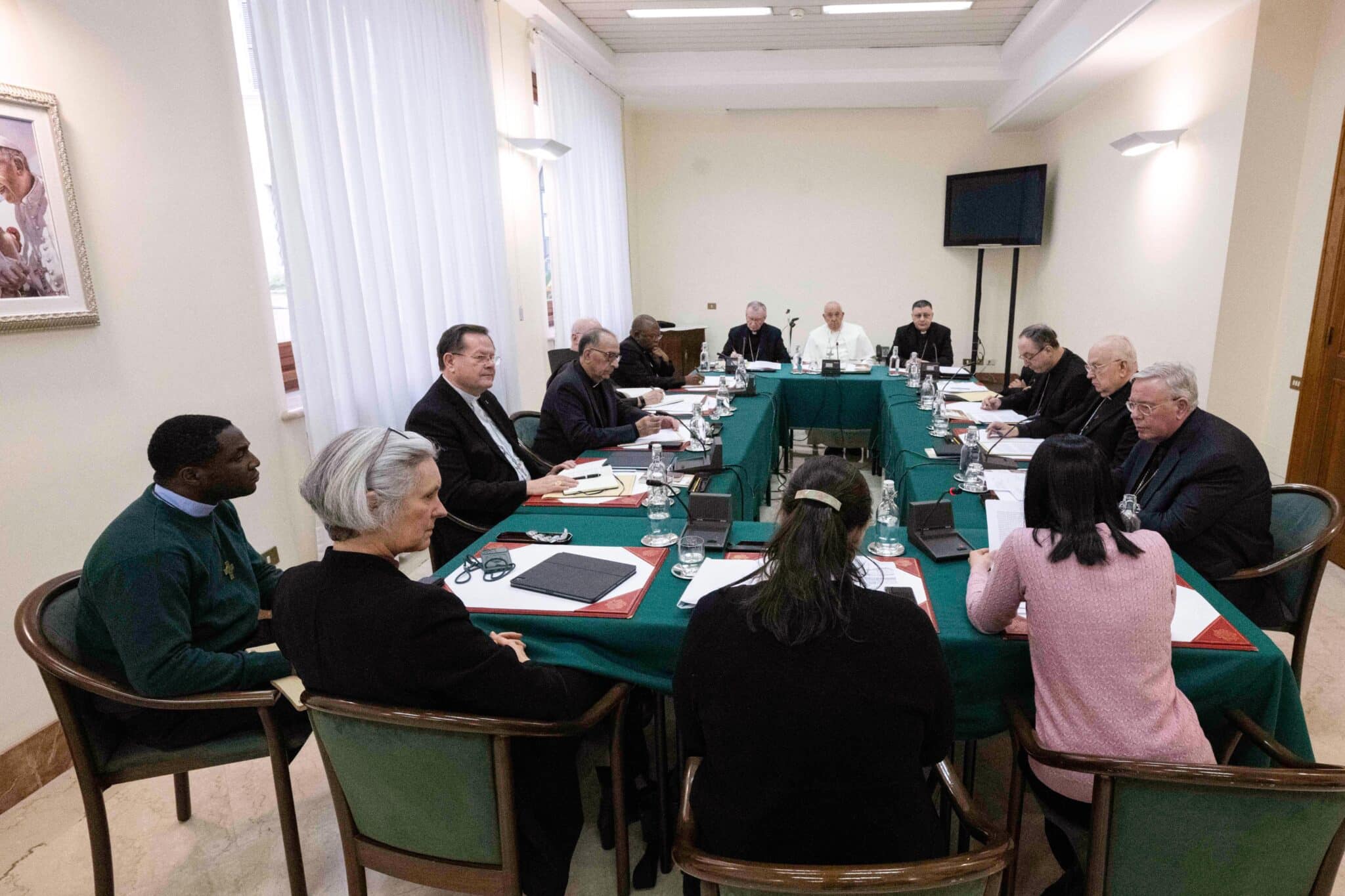My neighbor of many years was recently arrested for viewing child pornography. I’ve known him and his beautiful family since they moved into our neighborhood; I had considered him a pillar of the community.
He hid this sin from everyone, including his family. We are now helping his family in every way that we can and are praying for them. In many ways, this has shaken the roots of my own spirituality as I watch his family trying to deal with this. I pray that the years he has spent devoted to Jesus—and I truly believe he was devoted—will help him in jail.
I realize better than before how powerful addictions can be—and how selfish and self-absorbed we individuals can be, especially when we don’t consider our family members.
As more of his story comes out, I’m finding it hard to forgive him. How do I forgive when the sin is so great?
Yes, this situation is incredibly shocking and very difficult to handle. What you are now doing to help support this man’s family emotionally is almost certainly having a benefit beyond what you can now see. Your support may, in fact, eventually help this man.
Although forgiveness and reconciliation are very different things, many people use those terms interchangeably. In fact, forgiveness is one-sided; I can forgive someone who shows no remorse for what he or she has done. Forgiveness is not a favor shown by an innocent party toward a guilty party. I can forgive someone who may yet die clueless and in denial.
In this situation, if you can honestly say that you want for this neighbor what God wants for him (accepting a share in divine life), then you have already forgiven him, perhaps without realizing it.
Reconciliation seeks to restore a relationship without denying a past event—in this case, an addiction to child pornography. By definition, reconciliation must be mutual and even then can never fully restore things to “the way they were before. “
Why would you want to forgive someone who may yet die in denial? Forgiveness allows you to move forward even if the other person admits no guilt or shows no remorse. If what you really want is reconciliation, then your hands are tied, so to speak, until this neighbor seeks reconciliation. You can forgive this man and yet believe that he should receive the maximum jail sentence for this crime.
Your question could suggest that you are stuck in unforgiveness and are waiting for your guilty neighbor to free you from that condition. Remember, forgiveness and reconciliation are very different actions. Don’t abandon what you can already do on your own because you are hoping that the guilty party will someday seek reconciliation. Reconciliation seeks to restore a relationship without denying a past event.
One Holocaust survivor said, “I forgive the Nazis not because they need it, but because I need it. ” In a sense, every addiction is an attempt to live in a fantasy world where one’s actions have only the consequences that the addicted person allows them to have. Following Jesus allows no room for such a fantasy world.
Your own faith and spirituality are currently at a breaking point. I pray that you will find a healthy and honest way to deal with this betrayal, a way that will take you to a deeper faith than you ever imagined possible.
Ask a Franciscan appears monthly in St. Anthony Messenger. Click here to learn more!








